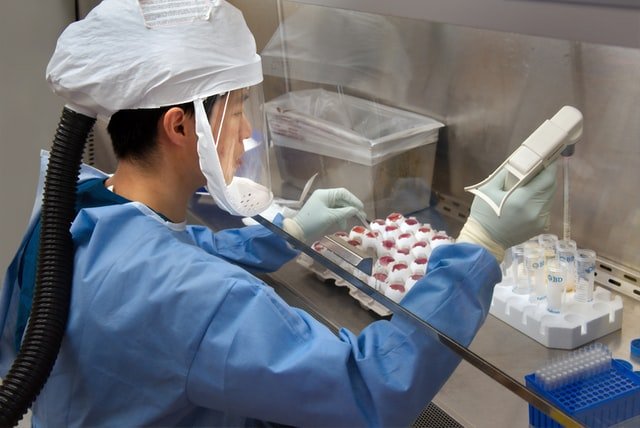Colorectal Cancer :
- devbio
- January 15, 2024
About the Colorectal :
Colorectal cancer occurs when healthy cells in the colon or rectum lining alter and grow out of control, causing a tumor. Tumors can be malignant or noncancerous. A malignant tumor is one that has the potential to develop and spread to other regions of the body. The term “benign tumor” refers to a tumor that can develop but not spread. It normally takes years for these changes to manifest. Changes can be caused by both hereditary and environmental causes.
Types of Colorectal Cancer :
Colorectal cancer can begin in either the colon or the rectum. Cancer that begins in the colon is called colon cancer. Cancer that begins in the rectum is called rectal cancer.
Most colon and rectal cancers are a type of tumor called adenocarcinoma, which is cancer of the cells that line the inside tissue of the colon and rectum. This section specifically covers adenocarcinoma. Other types of cancer that occur far less often but can begin in the colon or rectum include neuroendocrine tumor of the gastrointestinal tract, gastrointestinal stromal tumor (GIST), small cell carcinoma, and lymphoma.
Symptoms and Signs :
It’s crucial to realize that the colorectal cancer symptoms and indicators included in this section are the same as those of relatively prevalent illnesses that aren’t cancer, such as hemorrhoids and IBS. When cancer is suspected, the symptoms generally appear suddenly, are severe last a long period, and evolve over time. It may be possible to discover colorectal cancer early, when it is most likely to be treated effectively, by being aware of the symptoms or indicators of the disease.
Colorectal cancer patients may exhibit the following symptoms or indicators. A symptom, such as exhaustion, nausea, or discomfort, is something that only the person experiencing it can recognize and explain. A symptom is anything that can be identified and measured by others, such as a fever, rash, or an increased pulse. Signs and symptoms, when combined, can assist in defining a medical condition. As previously said, the signs and symptoms listed below might be caused by a medical condition other than cancer, particularly in the case of overall abdominal pain, bloating, and irregular bowel movements.
- A change in bowel habits
- Diarrhea, constipation, or the feeling that the bowel does not empty completely
- Bright red or very dark blood in the stool
- Stools that look narrower or thinner than normal
- Discomfort in the abdomen, including frequent gas pains, bloating, fullness, and cramps
- Weight loss with no known explanation
- Constant tiredness or fatigue
- Unexplained iron-deficiency anemia, which is a low number of red blood cells
Risk Factors :
Risk factors increase a person’s risk of developing cancer. Risk factors often affect the development of cancer, but most do not directly cause cancer. Some people with multiple risk factors do not develop cancer, while others do not have known risk factors. Knowing your risk factors and talking about them with your doctor can help you make more informed decisions about your lifestyle and health care. However, the following factors may raise a person’s risk of developing colorectal cancer :
Age : The risk of colorectal cancer increases as people get older. Colorectal cancer can occur in young adults and teenagers, but the majority of colorectal cancers occur in people older than 50.
Race : In the United States, black individuals have the greatest incidence of sporadic, or non-hereditary, colorectal cancer. In addition, colorectal cancer is the greatest cause of cancer-related mortality among African-Americans. Colorectal cancer is more common in Black women than in any other ethnic group, and Black males are even more likely than Black women to die from the disease.
Gender : Men have a slightly higher risk of developing colorectal cancer than women.
Family History of Colorectal Cancer :
If first-degree relatives (parents, brothers, sisters, children) or many other family members (grandparents, aunts, uncles, nieces, nephews, grandkids, cousins) have had colorectal cancer, colorectal cancer may run in the family. This is especially true if a member of the family is diagnosed with colorectal cancer before reaching the age of 60.
Inflammatory Bowel Disease (IBD) :
Chronic inflammation of the large intestine can occur in people with IBD, such as ulcerative colitis or Crohn’s disease. Colorectal cancer risk rises as a result of this. Irritable bowel syndrome is not the same as IBD (IBS). Colorectal cancer is not increased by having IBS.
Adenomatous Polyps (Adenomas) :
Polyps are not cancer, but some types of polyps called adenomas can develop into colorectal cancer over time.


















